
Online Master’s in Cloud Computing
Live online classes
March 2026
60 Credits
- No son necesarios conocimientos previos
- We prepare you for certification
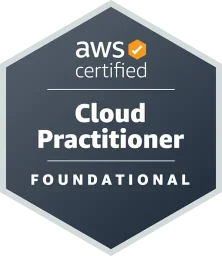
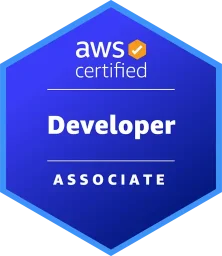
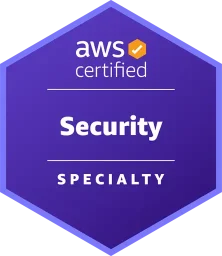
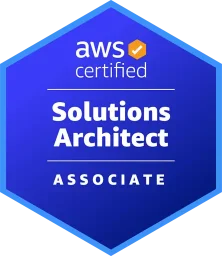
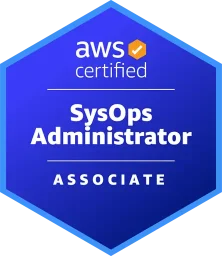

Programme endorsed by Nebrija Institute from March 2025
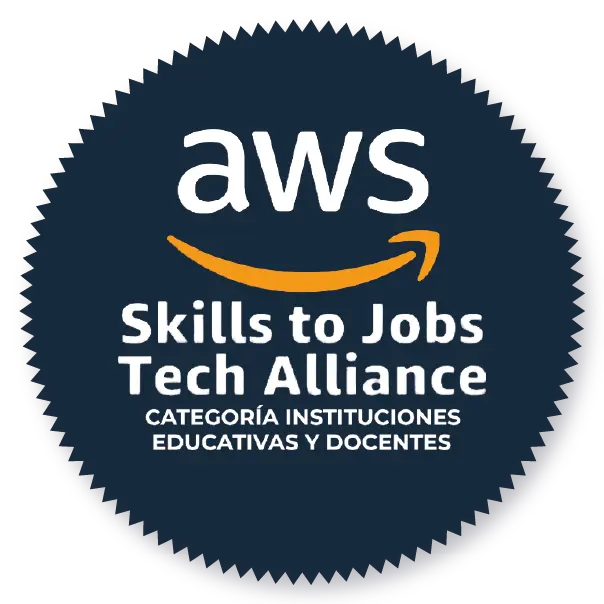
Programme in partnership with AWS and awarded in AWS Summit Madrid 2024
Prework
Presentation of the curriculum, work tools, and how the programme and group operate.
Free access to complementary training:
- Generative AI Course: Prompt Engineering and Productivity
- Introductory programming course: Python
¿Por qué estudiar Máster Online en Cloud Computing?
Acquire in-depth knowledge of the areas of the cloud that are most in-demand on the market. Students will discover the most common aspects and technologies associated with cloud computing from three complementary perspectives: Cloud Architecture, Cloud DevOps, and Cloud SRE.
Program aims
- Learn basic and advanced DevOps in the Cloud
- Go deeper into SRE Cloud
- Understand databases, artificial intelligence and analytics in the Cloud
- Understand the core concepts of Cloud Computing
- Understand and work with basic and advanced Cloud Architecture
- Design, develop and implement networking in the Cloud
- Security in Cloud environments
Career opportunities
- Cloud Engineer.
- Cloud Architect.
- Cloud Specialist.
- Cloud Strategist.
- Gestor de proyectos de software.
- Consultor de integración de soluciones Cloud.
Career Readiness
The comprehensive training we deliver to our students thoroughly prepares them for the employment market. Through a personalized syllabus, we help them develop professional skills, establish relationships with companies and sail through recruitment processes.
An alternative training
In all our content, we include a percentage of Human Sciences to connect technology with soft skills.
Learning By Doing Methodology
It focuses on the practical application of knowledge and skills to foster meaningful and lasting learning.
Certification training
Con este programa adquirirás las competencias necesarias para trabajar en un entorno profesional. Para que puedas demostrarlo, IMMUNE te prepara para certificarte en AWS e IT Specialist.





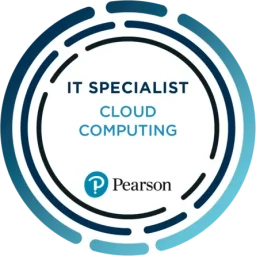
Study plan
Cloud Essentials
Cloud Fundamentals
In this module, students explore the services, applications and use cases of cloud computing. Students delve deeper into cloud computing and discover the role cloud computing can play in the development of global infrastructures to support large scale use cases, while developing and inventing innovative technologies.
Cloud Practitioner
It is aimed at students seeking a comprehensive understanding of cloud computing concepts independent of specific technical functions. Provides a detailed overview of core AWS services, security, architecture, pricing and support. Provides solid preparation for the AWS Cloud Practitioner exam.
Cloud Architect
Cloud Architecting
This module covers the fundamentals of building IT infrastructure on AWS. This module teaches students how to optimise the use of the AWS cloud by understanding AWS services and how they fit into cloud-based solutions.
Finops & Cost Optimisations
Entering the world of FinOps and cost optimization in AWS. FinOps is a framework for managing operational costs in the cloud, bringing together the areas of finance and operations.
FinOps is a management practice that seeks to optimize cloud computing costs by using tools and best practices to help IT, finance, and business teams transfer financial responsibility to the cloud's variable spending model.
This includes a methodology to align the focus of organizations, a set of best practices for use in the cloud, a global community for sharing resources, and a series of tools to help cloud professionals address financial issues.
Cloud Engineer
Cloud Sre
El módulo de Cloud SRE está diseñado para preparar a los participantes para perseguir DevOps de nivel de entrada, soporte y operaciones en la nube. También les ayudará a prepararse para realizar el examen AWS SysOps Administrator – Associate. Este módulo hace hincapié en las prácticas recomendadas en la nube de AWS y en los patrones de diseño recomendados. Se mostrará a los estudiantes cómo crear implementaciones utomatizables y repetibles de redes y sistemas en AWS y cubre características y herramientas específicas de AWS relacionadas con la configuración, implementación y el despliegue.
IaC on AWS
The aim of this module is to provide students with the basic knowledge of Cloudformation and especially Terraform, which has become the de facto industry standard for automating the deployment and maintenance of cloud platforms.
Cloud Specialist
Lab Projects & Success Stories
Real use cases from the industry where students will put into practice everything they have learnt throughout the Master's Degree.
Cloud DevOps
Cloud Devops
This module delivers the skills and knowledge that students will need to balance the requirements of the software development lifecycle, from programming and deployment to maintenance and upgrades.
Artificial Intelligence on AWS
The AI module aims to provide an overview of the main AWS services in terms of Artificial Intelligence. It will review the main concepts and look at the most relevant pre-trained AI and generative AI services.
Cloud Data Scientist
Data Engineering In The Cloud
This module is designed to help students learn and practice with the tasks, tools and strategies used to collect, store, prepare, analyse and visualise data.
for use in analytics and machine learning (ML) applications. Throughout the module, students will explore real-world application use cases, enabling them to make informed decisions while building data pipelines for their particular applications.
Certification
An asynchronous module in which time will be provided to prepare for and take the certification exams included in the program. IMMUNE, in this case, acts as a facilitator in connecting the certifying entity and the student, easing the process but without having authority over the exam or the grades obtained by the students.
Capstone Project
- Team building.
- Choice of topic for final project.
- Assignment of tutors.
- Development of the project with an assigned tutor.
- Project delivery.
Capstone Project Presentation
Presentation of the final project before a panel of experts.
* El programa académico puede estar sujeto a cambios en función de la diferente variedad en la demanda de skills dominantes del mercado.
Professionals
What people say about us
Financing
Full payment
If you pay in one instalment you will benefit from a 20% discount.
12 cuotas sin intereses
Sequra
Pay in installments, even if you are unemployed and cannot guarantee the loan.
Quotanda
Pay in installments, even if you are unemployed and cannot guarantee the loan.
Fundae
Pay for your training through the Spanish Employment Training Foundation. Aimed at active workers who wish to finance their program through the subsidized training program.
FAQs
What certification or qualification will I receive on completion of the course?
Once you complete and pass the programme you will receive:
- Título en Máster Online en Cloud Computing por IMMUNE Technology Institute.
- Título en Máster Online en Cloud Computing emitido por el Instituto Nebrija.
Non-regulated and non-official education. The degrees of this training are protected by the Organic Law on Universities.
Can the course be delivered online?
Yes, the program is delivered online with live classes. As such, you will be in direct contact and under the supervision of the teachers, which will enable you to follow the classes and interact in a flexible and natural way.
Is this programme for me?
Do you want to level up?
Do you want to stay in your field or sector, but you want to continue learning and explore new challenges? It's time to give your professional profile a boost and align it with the latest trends in technology.
Are you finishing your degree, and you want an upgrade in technology?
We love your profile, because you dare to dream. And in the professional world, fortune favors the bold. If you are an entrepreneur or freelancer, this program will help take your professional projects to the next level.
Want to change your professional career?
If you want your career to take a new direction and enter the world of tech with a bang, the program will help you specialize and shape your professional profile.
Are you an entrepreneur or freelancer?
This program will put you in the spotlight, as technology is the engine of innovation and the key to staying competitive in a constantly evolving market.
Will the tools I need be included in the price of the program?
The tools used throughout the program are licensed for free use, in some cases because we use educational licenses and in others because it is free software.
Is there a careers and employment guidance service?
We have an employability area which, through our Talent Hub program, is responsible for supporting the efforts of our students to enter the employment market. The services we offer include resources to help you search for and prepare for interviews, English tests, resume and/or Linkedin profile guidance, interview and elevator pitch training, and access to our exclusive internship and employment pool.
What are the requirements for my computer?
You will need to have access to a laptop with a camera, microphone and minimum requirements of 8 GB of RAM and an i5 processor.
What is the Capstone Project?
The final project is where everything you have learned throughout the program is applied and consolidated. You will present the project to a panel of professionals from companies in the sector, which represents a unique opportunity for students to demonstrate their knowledge to potential employers and also to network.
Are there grants or scholarships available?
Yes, there are scholarships or study grants as well as financing options depending on students’ circumstances. Check out our scholarship and financing options.
Book my personalised academic and professional consultation
Mary García

Rafael Torralva

Sabrina Stenta

Admission test
This questionnaire will allow us to gain an in-depth understanding of your profile, ensuring that the programme aligns perfectly with your current knowledge and expectations, and guaranteeing that you get the most out of your time with us.
Why should you take the test?
- To assess your prior knowledge.
- To ensure that this course is the right fit for you.
- To offer you a personalized and unique learning experience.
How does it work?
The test is completely online, requires no prior preparation, and will take no more than 25 minutes.
Admissions Process
Our students are characterized by their passion for technology. Our admissions process focuses on who you are, how you think, what you have accomplished, and then sharing your goals.
Our aim is to get to know you better, see what makes you unique and ensure that the IMMUNE educational model adapts to your profile.
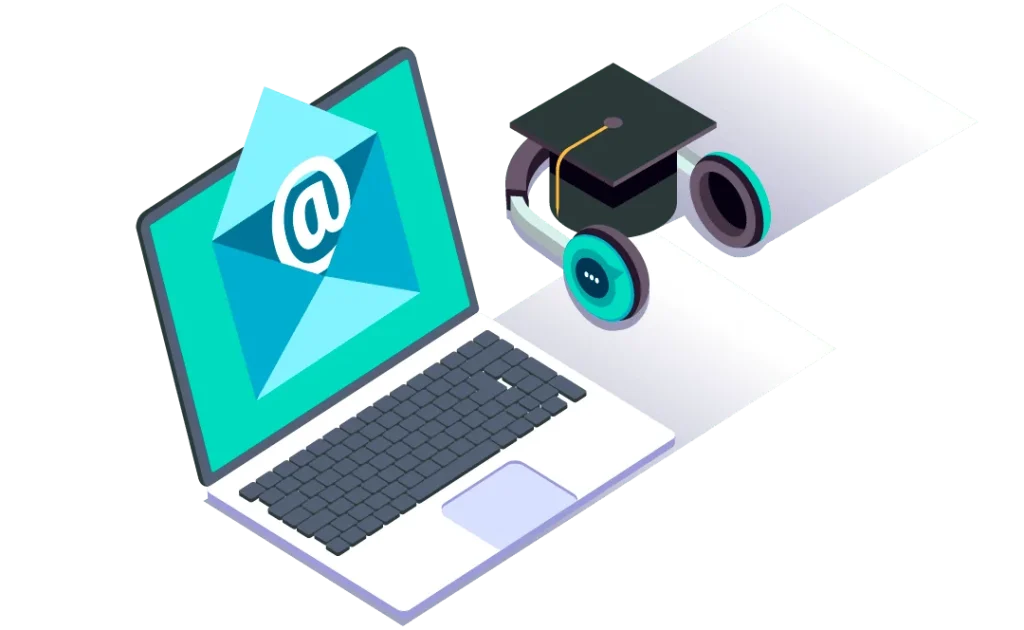



Visit our Campus in Madrid and discover everything about our programmes
- Personalised guidance Monday to Friday.
- Intake now open for March, September and October.
Designed to replicate an ecosystem of start-ups and tech companies, we’ve created a slice of Silicon Valley in the heart of Madrid.




